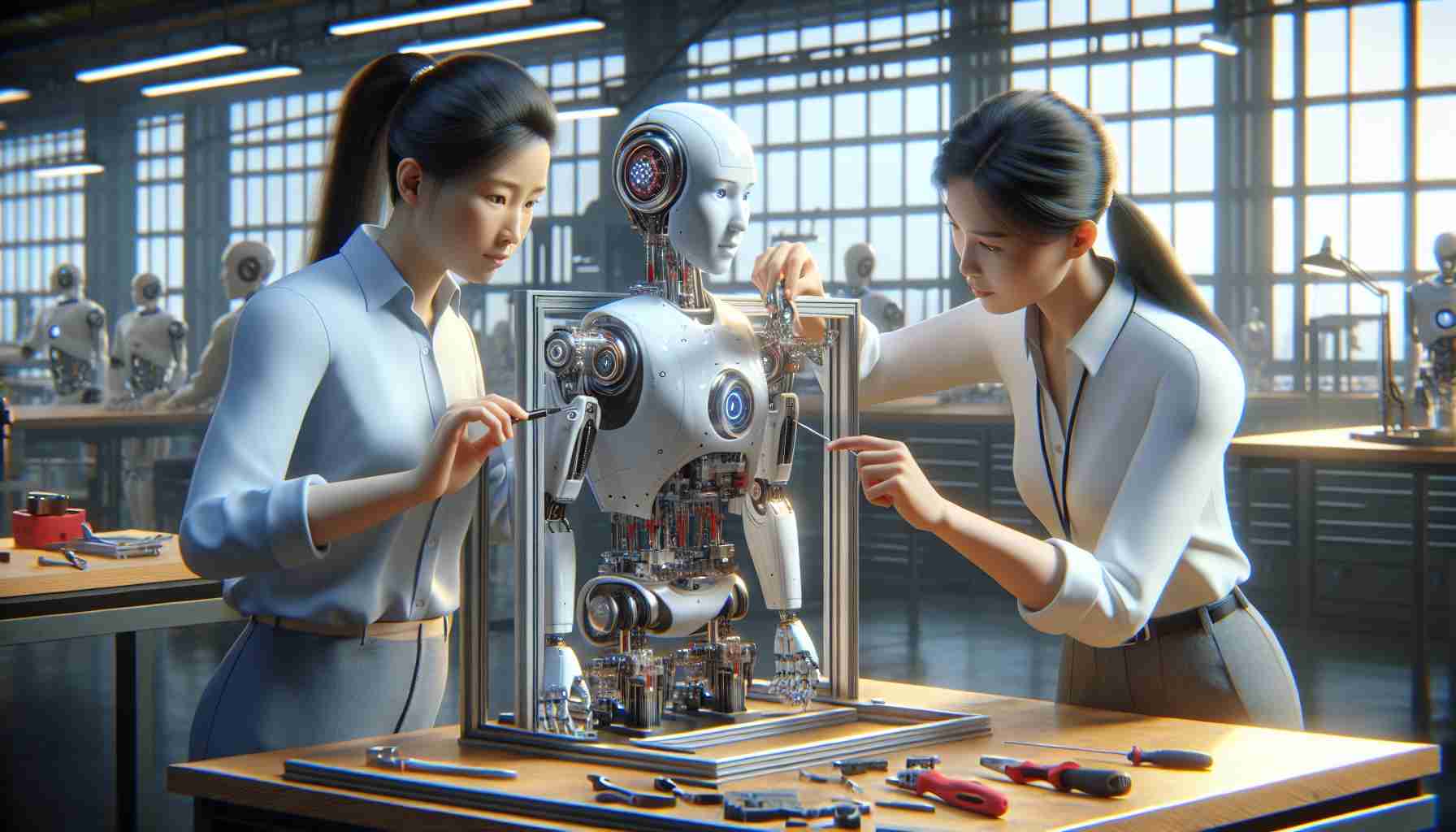Unlocking the Potential
In a world where technology continues to evolve at a rapid pace, the role of artificial intelligence in shaping human relationships is a topic of increasing significance. While AI giants like OpenAI and Google have made strides in enhancing empathy and relational capabilities, there remains a crucial element missing in this equation.
Reimagining Human-AI Dynamics
Rather than seeking to replace genuine human connections with artificial counterparts, technology can serve as a supplement in scenarios where societal or personal circumstances fall short. By leveraging AI to foster deeper connections between individuals and empower those engaging with the technology, new avenues for growth and support emerge.
The Power of Understanding
Central to meaningful relationships is the concept of ‘theory of mind’ – the ability to comprehend and predict the mental states of others. To truly emulate human interactions, AI must possess the ability to initiate, engage, and evolve conversations over time, demonstrating a genuine interest and understanding.
Enhancing Interaction Modalities
While textual AI interfaces excel in information delivery, the integration of verbal and non-verbal communication can elevate user experiences to a more personal level. Systems like Jibo, combining physical presence with interactive capabilities, offer a more intuitive and engaging interaction model.
Reactive Engagement and Goal Alignment
Proactive AI models that anticipate user needs, provide nudges, and engage in meaningful conversations can foster a sense of care and attention akin to that of a supportive friend or family member. By aligning actions with user goals and consistently offering support, AI can reinforce relationships through targeted interactions.
Fostering Reciprocity and Long-Term Bonds
To establish trust and emotional connections, AI systems must move beyond unilateral interactions to engage in bidirectional exchanges that feel natural and human-like. By recalling past interactions and integrating them into current dialogues, AI can create a sense of continuity and understanding that evolves over time.
Looking Ahead
As we navigate the evolving landscape of human-AI relationships, it is essential to prioritize the development of AI systems that not only provide utility but also foster genuine empathy and lasting connections with users. By continually refining the ways in which technology interacts with and supports individuals, we can pave the way for a future where AI serves as a true companion on the journey of human experience.
Expanding the Horizon of Human-AI Relationships
In the realm of artificial intelligence and human relationships, the incorporation of emotional intelligence is a pivotal yet often overlooked aspect. While AI advancements have enabled machines to understand and respond to human emotions to some extent, the ability to truly empathize with individuals remains a significant challenge.
Exploring Emotional Intelligence in AI
One of the fundamental questions in this domain is whether AI can genuinely empathize with human emotions or if it is merely mimicking responses based on pre-programmed algorithms. The key challenge lies in deciphering whether AI systems can develop authentic emotional connections with users or if their actions are solely driven by data analysis.
The Ethics of Emotional Manipulation
An important question arises regarding the ethical implications of AI manipulating human emotions for the sake of building sustainable connections. While AI systems can provide comfort and support, there is a controversy surrounding the boundaries of emotional manipulation and the potential risks it poses to individuals’ autonomy and well-being.
Advantages of Emotional Intelligence in AI
The incorporation of emotional intelligence in AI can enhance the quality of human-AI interactions by enabling machines to respond sensitively to users’ emotional cues. This personalized approach can lead to deeper connections and a greater sense of understanding between individuals and AI interfaces.
Disadvantages of Overreliance on Emotional AI
Despite the benefits, overreliance on emotional AI for building human connections may hinder individuals from developing authentic relationships with real human beings. The risk of emotional dependency on AI companions raises concerns about the impact on social skills and emotional resilience in the long run.
Addressing the Balance between Authenticity and Utility
A pressing issue revolves around striking a balance between leveraging AI for its efficiency and practicality while preserving the authenticity of human relationships. Finding the optimal blend where AI enhances, rather than replaces, genuine human connections is essential for the sustainable evolution of human-AI dynamics.
Key Links:
– Technology.com
– ArtificialIntelligence.org
As the landscape of human-AI relationships continues to evolve, navigating the complexities of emotional intelligence in AI systems will be crucial in shaping sustainable connections that prioritize genuine empathy and meaningful interactions. By addressing the nuances of emotional dynamics, we can unlock the full potential of AI as a supportive companion on the journey of human experience.


















